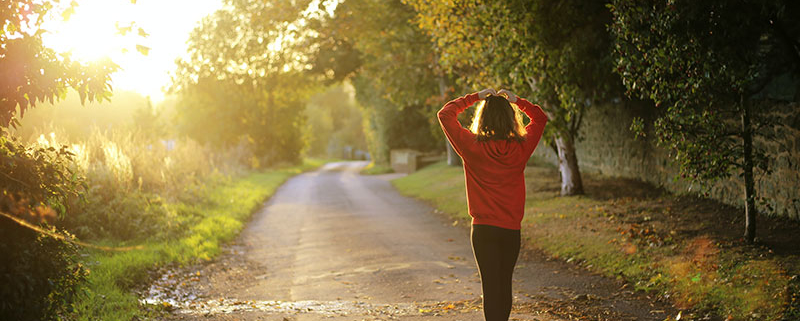Mental health is a personal issue for all of us
From the Jackson Hole News & Guide Column Sound Mind
May is recognized as Mental Health Awareness Month.
The intent is to raise awareness of this important issue and provide opportunities for education and awareness. We hear more about this topic every day, locally as well as globally. Why is this such an important topic?
Mental health challenges are one of the leading causes of disability worldwide. It is no secret that there are many misperceptions, judgments and stigma about them.
2018 mental health stats
- Approximately 46.6 million adults, or one in five, experience some sort of mental illness each year.
- 60% of the adults living with the issue do not seek treatment.
- 50% of children with symptoms do not receive treatment.
- Suicide is the 10th leading cause of death for adults in the U.S.
- It is estimated that 90% of those that die by suicide have an underlying mental illness.
- 18% of Americans are living with an anxiety disorder.
- Roughly 7% of Americans have symptoms of depression.
- The U.S. economy loses 193 billion dollars each year to lost wages and productivity from mental health issues.
- More than 10% are dealing with a co-occurring disorder (mental illness and substance use).
- Almost 2% of youth are dealing with depression.
- 1.1% of adults in the U.S. experience schizophrenia.
- 2.6% of adults in the U.S. live with bipolar disorder.
- Individuals that experience symptoms of mental illness also have an increased risk for medical disorders.
- Each day, 18 to 22 veterans die by suicide.
- At least half of all Americans will experience a mental illness in their lifetime.
- It is estimated that those living with serious mental illness tend to die 25 years earlier than the general population.
Source: The National Alliance for Mental Illness
The statistics are staggering. However, it’s important to remember that these numbers are more than just statistics. They include our friends, family members, neighbors, employees — our community.
Awareness is knowledge and knowledge is the power that can lead to change. That is a first step. If we understand the issues at a personal level we see the individuals and their struggles and barriers instead of just the illness.
Stigma is one of the biggest barriers to seeking treatment for mental illness problems. Asking for help is seen by many people as a weakness or flaw. Normalizing treatment can go a long way in opening a door to getting help.
There is help here
Would you know what to do or who to call if you or someone you care about is struggling?
- National Suicide Prevention Lifeline, 24-hour hour crisis line that connects callers with a trained counselor: 800-273-TALK
- Jackson Hole Community Counseling Center, 24-hour crisis line or direct support if you have questions for yourself or loved ones. Call alone or the call with the person who needs help: 733-2046
- St. John’s Medical Center Mental Health Resource Line: 203-7880
The Wyoming Legislature passed a state mental health parity statute this past year, recognizing that increasing affordability is important for access. It’s also important for us to push for adequate funding for services and supports, especially crisis intervention. Thank you, Teton County, for being a role model.
In addition, recruiting more mental health workers is important. There is such a wide range of treatment options, and each has an important role in the continuum of care. Therapists, case coordinators, peer specialists and people who can prescribe medications are in demand and short supply.
Education is also an important part of reducing stigma and promoting change. The more you know about the struggles, facts and personal experiences, the more comfortable people feel talking about the issue.
It is important that we personalize mental illness and encourage social connections, not just for those we are close to but also for those in our community who may be struggling in isolation and silence.
